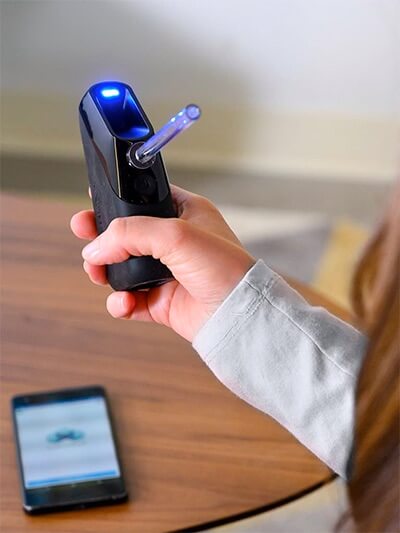Hot Topics
Supporting Families Through Alcohol-Involved Divorce: How Technology Can Help Ensure Child Safety

Children of parents who are going through an alcohol-involved divorce rely on family law professionals as one of their first lines of defense and support. These professionals serve not just as interpreters of the law but as crucial protectors of the children’s emotional and psychological well-being. In such challenging circumstances, where the stakes are extraordinarily high, the role of these advocates is so important to help ensure a secure and stable environment for healing. Technology like remote alcohol monitoring supports family law professionals’ work by providing reliable tools to monitor and ensure safety effectively.
The Role of Technology in Protecting Children
Families and children who are affected by alcohol issues face a unique array of challenges that can be emotionally and physically draining. Unfortunately, children are sometimes left with the burden of reporting on a parent’s sobriety. In these situations, Family Law Professionals can help by recommending alcohol monitoring technology that serves as an unbiased guardian, shielding children from the adult responsibilities of monitoring their parents. Alcohol monitoring tools provide a structured, reliable means for parents to demonstrate their commitment to sobriety, thus maintaining a safe environment for their children.
The strength of these systems lies in their ability to prevent dishonesty. Family Law professionals understand the potential for some individuals to conceal their drinking, especially when custody is at stake. That’s why suggesting tamper-proof technologies can help to ensure that the monitoring is accurate and manipulation is nearly impossible. This reliability builds a foundation of trust and transparency between all parties involved—lawyers, judges, parents, and most importantly, the children.
Moreover, this kind of technological support plays a vital role in helping maintain relationships between children and both parents. Struggling with an alcohol use disorder does not inherently disqualify a parent from being caring and capable. By providing parents with a way to prove their sobriety reliably, technology helps those with alcohol use disorders to stay connected with their children, showing that they can manage their responsibilities and contribute positively to their child’s life.
What is Remote Alcohol Monitoring?
Comprehensive alcohol monitoring systems offer an innovative solution for custody cases, combining technology and convenience to provide court-admissible documentation of sobriety that supports child safety and offers peace of mind for parents.
According to the NCJFCJ Bench Card on Alcohol Use Disorder, a guide to help judges make safe, fair, and effective decisions for alcohol misuse in child custody cases, alcohol monitoring should be used across all risk levels when alcohol is involved in a child custody case to
document sobriety and promote safer parenting time.
The Bench Card mentions that an effective alcohol monitoring system should include:
- Capability to send real-time results to unlimited recipients
- Facial recognition that instantly authenticates identity
- Software that performs instant analytics on testing activity
- Reports that are visually displayed in a calendar layout
- Multiple sensors that prevent tampering
- Agreements that detail all aspects of monitoring
- Creation of court-admissible reports
- Availability of experts to testify at any time
Soberlink is currently the only alcohol monitoring option that has all of these features.
Conclusion
Family law professionals are vital in ensuring the safety and well-being of children during alcohol-involved divorces. By recommending technologies like remote alcohol monitoring, they enhance their ability to protect children from adult conflicts and ensure a stable environment. A reliable, tamper-proof system supports transparent and fair custody arrangements, allowing children to maintain healthy relationships with both parents. Advocating for such tools empowers family law professionals to more effectively safeguard children’s interests and promote healing in challenging family dynamics.